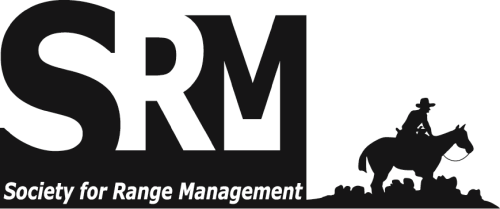US government agencies are adopting state and transition models (STMs) for rangeland evaluation, monitoring, and management. This research demonstrates advantages of combining STMs and ranch economic models. A dynamic optimization framework casts management decisions-stocking rates and brush control-in the context of ranch profitability over a suite of ecological sites. Markov processes characterize the likelihood of state transitions. The ranch model shows economic interdependence of multiple ecological sites. Ecological site combinations producing the most forage are not the most economically advantageous. The state of one ecological site influences the forage value elsewhere and ultimately the intensity at which a ranch is stocked. Likewise, brush control benefits depend importantly on the state of all ecological sites. © 2017 The Society for Range Management. Published by Elsevier Inc. All rights reserved. The Rangeland Ecology & Management archives are made available by the Society for Range Management and the University of Arizona Libraries. Contact lbry-journals@email.arizona.edu for further information.

Scholarly peer-reviewed articles published by the Society for Range Management. Access articles on a rolling-window basis from vol. 1, 1948 up to 5 years from the current year. Formerly Journal of Range Management (JRM). More recent content is available by subscription from SRM.